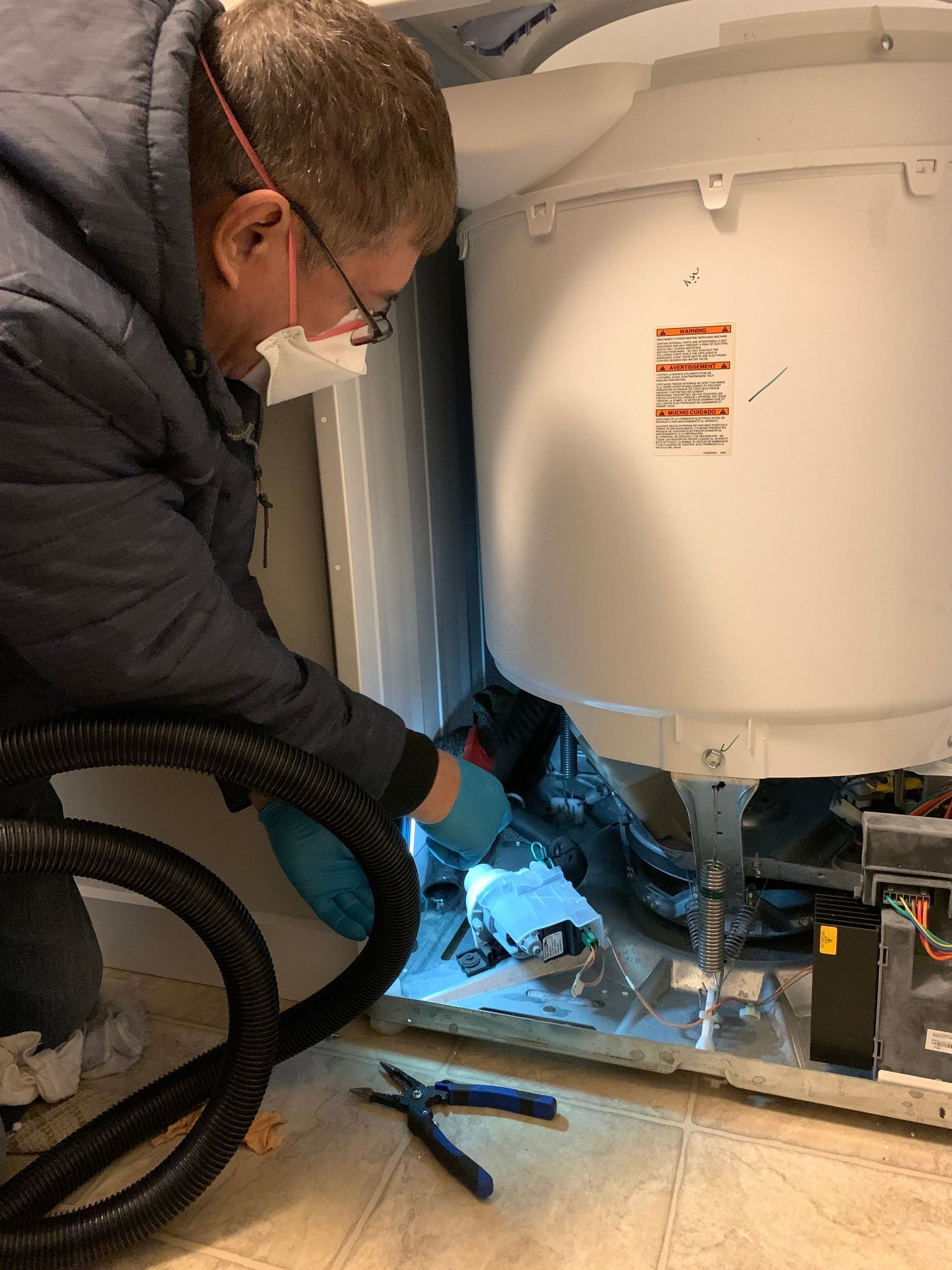5 Reasons Why Washer is Loud While Spinning.
You may be wondering why your washing machine spins loudly and you may think it is going to require an expensive fix. There are several quick and easy fixes that can be used to get your washer to stop spinning loudly on your own. In this article, you will find several different reasons why your washing machine may be making cranking and knocking sounds during a spin cycle. Using this list, can help you repair your washer yourself without having to call in a technician.
Before carrying out any work on the washing machine, be sure to disconnect it from the power supply.
Reasons Why Your Washing Machine is Loud During Spin Cycles
1. Worn Motor Couplings
The coupling that connects the motor to the transmission may be damaged. These functions are often used on top-loading washing machines. This coupling is likely to be worn down over time and eventually lead to the forks slipping. Drive forks can make a roaring sound as they move against the tub as they rotate.
2. Shock Absorbers
Shock absorbers are used to ensure that the tub does not slam around when it is in the spin cycle. If the shock absorbers are weak or broken, this can lead to the tub slamming during the spin cycle. They can also leak fluid, which can result in reducing the amount of pressure they can absorb over time.
3. Bathtub Bearing
There are usually two places to find tub bearings and it depends on the type of loading washer you have. If you have a washing machine top loading washer, find one bearing where the shaft connects to the tub and one at the bottom of the transmission. For a front-loading washing machine, you will find two bearings under the rear of the outer tub. If you experience excessive noise and your washing machine is not in balance during the spin cycle, it is often necessary to replace the bearings.
4. Clutch Assembly
The clutch is used to connect the transmission and the drive of the washing tub. This is engaged during the spin cycle. If the clutch wears down, it can cause friction, which leads to scratches and scraping as the spin cycle runs. It can also cause the cycle to run slower than usual. If you notice that your clothes are wet at the end of the cycle, this is usually the cause.
5. Pump Belt
On some top-loading washing machines, a belt can be used to control the pulley connected to the drain pump. Over time, the belt may weaken or twist, leading to squealing or loud noise as it spins and drains. If you notice the smell of burnt rubber, your belt is wearing out. You can also check to see if it is visibly worn out. If either of these is present, it is time to replace your belt.
Always make sure the power is off before looking for any of these causes. If you are unsure, it is best to call in a professional washer repair technician to properly diagnose and repair the machine.
